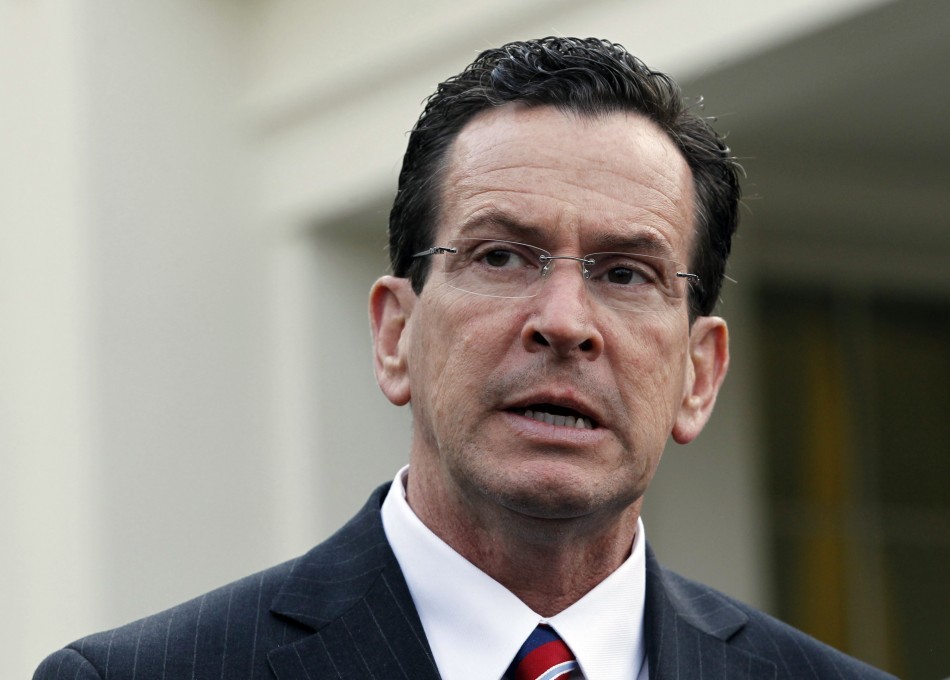Connecticut Gov. Dannel Malloy (D) has signed into law a $40.1 billion budget that includes the largest tax hike in the state’s history.
The challenge was to craft a balanced biennial budget plugging a deficit of approximately $3.3 billion. The budget plan Malloy signed into law went a step further and anticipates a $1 billion surplus. He justifies the tax hike as a “shared sacrifice” required to stabilize the state’s finances.
Question of Constitutionality
Connecticut State Rep. Christopher Coutu (R-Norwich) called the budget unconstitutional.
“According to Article 28, section 18a of the Constitution: The amount of general budget expenditures authorized for any fiscal year shall not exceed the estimated amount of revenue for such fiscal year,” he said.
This concern may partly explain why opposition to the budget was bipartisan. Fifteen Democrats broke party ranks to join Republican members of the House in opposing the budget.
New, Higher Taxes
The budget imposes increases in more than 25 categories of taxes, including a substantial rise in the personal income tax. Income tax brackets will expand from three to eight. The changes are expected to raise the state income tax burden another $857 million over two years.
The budget would also raise the general sales tax to 6.35 percent from 6 percent while removing exemptions for many goods and services.
All told, state officials expect taxes to rise $1.4 billion in the first year of the budget and $1.2 billion in the second year.
Bad News for Small Businesses
“Policymakers continue to overlook the fact that in Connecticut, an income tax hike is a tax hike on small businesses, many of whom pay their business taxes through the personal income tax,” said Heath Fahle of the Yankee Institute for Public Policy, a Connecticut based free-market think tank.
“Since most small businesses are organized as S Corporations, the increase in income taxes is going to affect them dramatically,” agreed Andrew Markowski, Connecticut director of the National Federation of Independent Business.
Connecticut’s array of new taxes, increases on existing taxes, and elimination of sales tax exemptions on many goods and services stands in sharp contrast to nearby states such as New York and New Jersey, which have recently held down taxes.
Working for and then signing into law the largest tax increase in state history may already be coming back to bite the governor.
Malloy’s job approval rating has dropped to 42 percent, and a majority of voters say they would not vote to reelect him as a result of the budget, according to a survey of likely Connecticut voters conducted by Pulse Opinion Research on behalf of the Yankee Institute. The poll was released June 14.
Sreya Sarkar ([email protected]) writes from Chicago.




